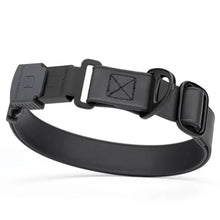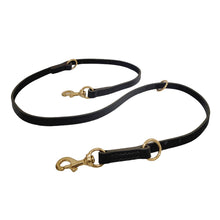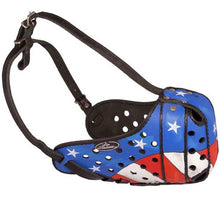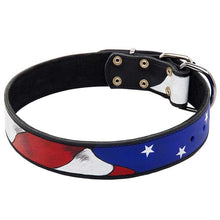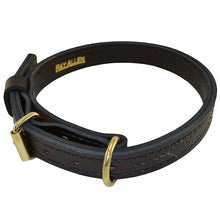Reasons Why Your Dog Whines And How To Stop It

If you have ever found yourself wondering how come your dog has turned into a chronic whiner, you are not alone. Many dog owners endure the whiny vocalizations that erupt from their pup for seemingly unknown reasons.
Dogs whine for many reasons
The reality is dogs whine for many reasons. Your dog may have trained you to give him a treat or a tickle when he whines. Or, perhaps he whines when he is feeling excited, anxious, or concerned about a new situation. He may even whine when playing with other dogs or as a sign of appeasement.
Dogs may whine when they are ill, in pain or are developing cognitive problems, so any sudden symptoms or behavior changes should be brought to the attention of a vet.
Dogs that suffer from separation anxiety will often whine when they know you are planning to leave them alone and will typically continue to whine, bark, and possibly get destructive when left alone.
Identifying the trigger
To get a grip on your dog’s whining, you must identify what is triggering the whining, which is not always easy. You will have to observe your dog’s behavior and body language when he begins to whine. Is your dog afraid, excited, aggressive, or maybe begging for a treat? It will be helpful to get familiar with canine body language cues.
How to teach your dog to stop whining
After you have identified what is triggering your dog’s whining, the best way to stop it is through distraction training and treats. If your dog is whining for a treat, obviously, you will not reward him for his whining. Rather engage him in some other form of training and treat after he does a good job. If you simply have no time to stop what you’re doing, you will have to ignore your dog and endure the frustration of hearing him whine until he learns that he can no longer get what he wants. If you need to, crate your dog or separate him from the rest of the family during mealtimes until you can put a stop to his behavior.
You can help your dog stop his whiny ways by engaging him in other activities, training, games, food puzzles, and anything else that will stimulate his mind and distract him from the trigger.
For anxious or nervous dogs, you can practice exercises that will help teach him to be calm such as the down, place and stay command. Once the dog is in his place, redirect his nervous energy with a chew toy or a Kong filled with treats.
Dogs that whine out of fear can be helped by helping to build their confidence through reward-based training. The best ways to boost your dog’s confidence is through basic obedience training so he learns basic manners and how to behave at home and in public. Playing games your dog loves and excels in is a great way to boost confidence but do not forgo challenging your dog and rewarding him for a job well done. Dogs that suffer from low confidence do best when challenged with simple tricks that offer immediate rewards, such as touch, shake, find it, etc.
For dogs that suffer from separation anxiety, whining will be harder to stop since you will have to help your dog overcome his separation anxiety. Please read our article on separation anxiety and contact your vet or a trainer familiar in helping dogs overcome this condition if symptoms are severe.
Never reward your dog for whining
The bottom line is training takes time and teaching your dog to stop whining is no different. If you need to, buy some earplugs but until then, in most cases, by simply ignoring your dog, refraining from petting, feeding, treating, or even talking to him will eventually send the message that whining will get him nowhere. When your dog is quiet, praise and reward him for his desired behavior-he will then be getting what he wants, your attention, in a positive way.






